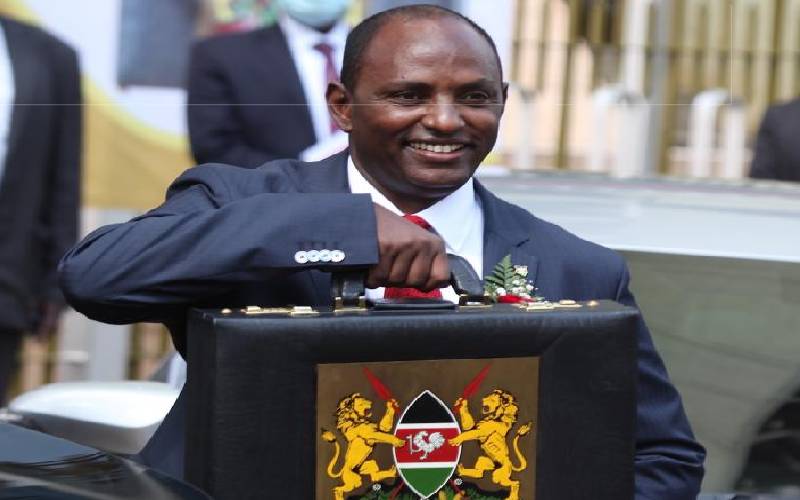×
The Standard e-Paper
Stay Informed, Even Offline

This year’s Budget was unique in addressing triple shocks - from Covid-19 to locusts and floods. Economists have their work cut out for them to model such a rare combination of shocks.